Discovery Of Lost Ancient City Could Totally Change How We Think About History
Categories: History | Science | World
By Vika https://pictolic.com/article/discovery-of-lost-ancient-city-could-totally-change-how-we-think-about-history.htmlA recent discovery by a team led by Stéphen Rostain is reshaping how researchers think about the pre-Columbian Amazon.
The scientists from the French National Center for Scientific Research were able to use a type of laser-sensor technology called Light Detection and Ranging (LiDAR) to map several earthen mounds they had found in the Upano River Valley in Ecuador in 2015.
This allowed them to create a 3D model of the structures that would otherwise be invisible to the naked eye due to the jungle’s thick vegetation, not to mention its inaccessibility.
4 PHOTOS
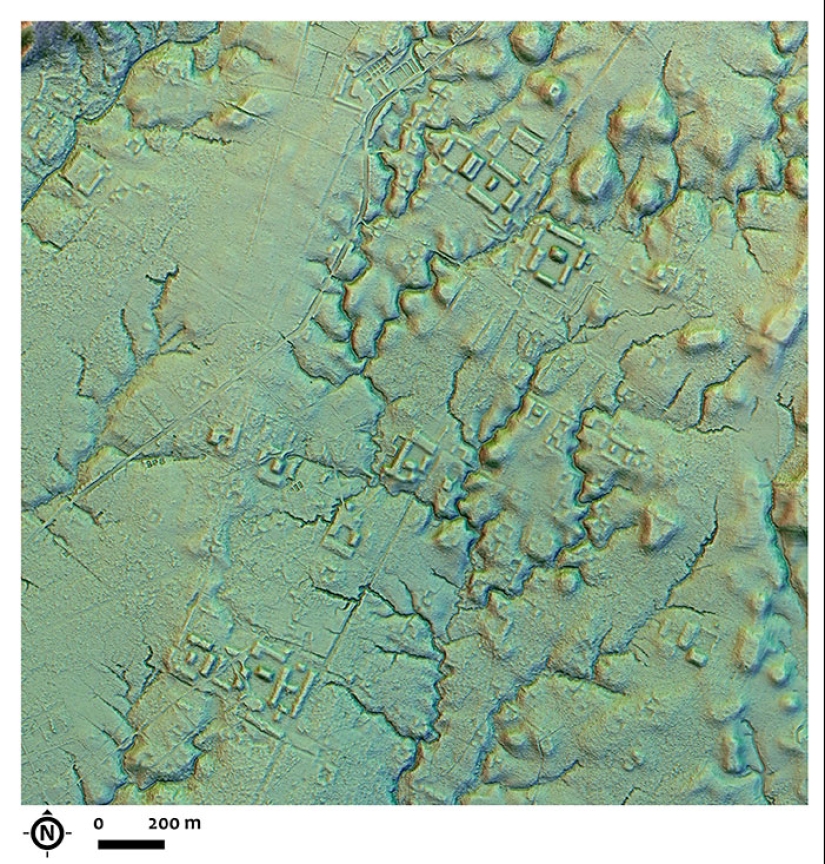
1. A team of archaeologists has uncovered a lost ancient city in the Amazon rainforest using laser-sensor technology
Image credits: AP
The technology revealed something previously unthinkable: a massive civilization consisting of more than 6,000 raised earthen platforms covering an area of 115 square miles (300 square kilometers).
Over 6 feet (2 meters) off the ground, each platform is over 2,000 square feet (200 square meters) and represents the foundation of a building. The scientists believe most were houses, but some were likely monuments or religious centers, given their large areas of up to 60,000 square feet (5,600 square meters).
More shockingly, the mounds are surrounded by a network of canals and roads. The longest road was at least 15 miles long (25 kilometers) and connected multiple settlements. The canals likely allowed for the cultivation of several crops, including corn, beans, manioc, and sweet potatoes, as suggested by pottery uncovered in the area.
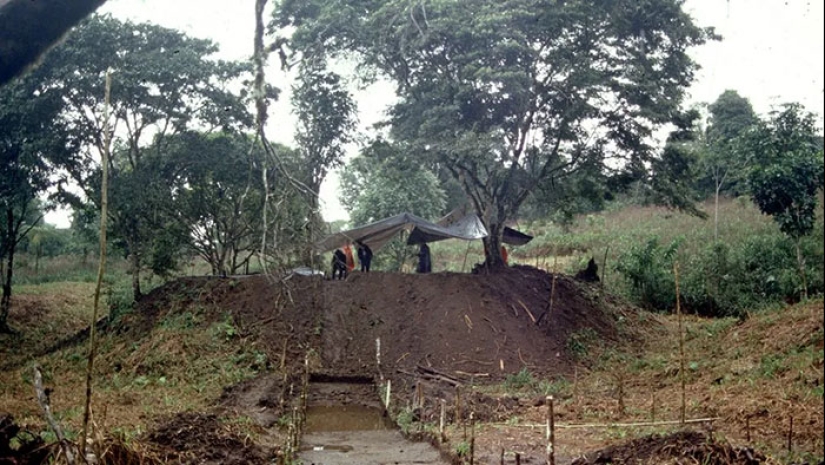
2. The pre-Columbian civilization, which dates to before 500 A.D, is believed to have consisted of at least 10,000 inhabitants
Image credits: Stéphen Rostain
These findings, published in NewScientist, have challenged the historical and archaeological communities’ assumptions about pre-colonial South America.
That’s because the mapped structures are extensive enough to have supported at least 10,000 inhabitants, with some suggesting as many as 100,000, which would have made it larger than London at the time.
Plus, the civilization dates to before 500 A.D. This long predates the Aztec and Inca civilizations that the Spanish encountered in the 16th Century and is contemporaneous with the Maya. Scientists have previously focused on these three societies due to the wealth of stone ruins they left behind. Meanwhile, the Amazon was thought to have been void of complex civilization because it lacked the stone resources assumed to be required to build such elaborate cities.
However, the ruins of the Upano Valley prove that the people of the Amazon could have built cities and infrastructure using wood, opening up an entirely new channel of archaeological investigation.
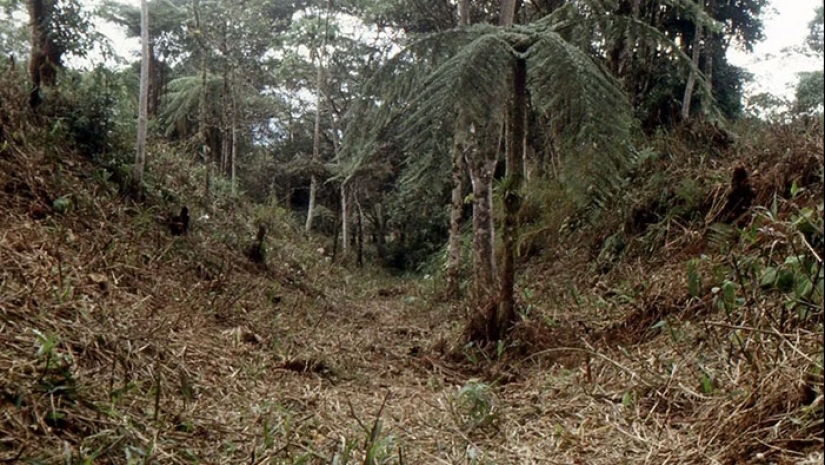
3. “This shows an unprecedented degree of complexity and density of settlement for this early time frame,” commented scientist Michael Heckenberger
Image credits: LIDAR A. DORISON ET S. ROSTAIN
“This shows an unprecedented degree of complexity and density of settlement for this early time frame,” commented Michael Heckenberger, a scientist at the University of Florida. “The authors justifiably conclude that the complexity and scale are comparable with better-known cases, such as the Maya, at this time.”
In fact, according to Charles Clement from the National Institute of Amazonian Research, “This is the largest complex with large settlements so far found in Amazonia.”
During the first stages of European exploration, there were numerous accounts of settlements and even large cities in the Amazon, but they were mostly dismissed as legends. Now, experts are wondering if they should be taking these stories more seriously and looking harder for ruins in the world’s largest rainforest.
More findings like those by Rostain’s team shed light on the people and societies that existed in the Amazon before Europeans arrived and help us get closer to solving the bigger mystery—what happened to them?



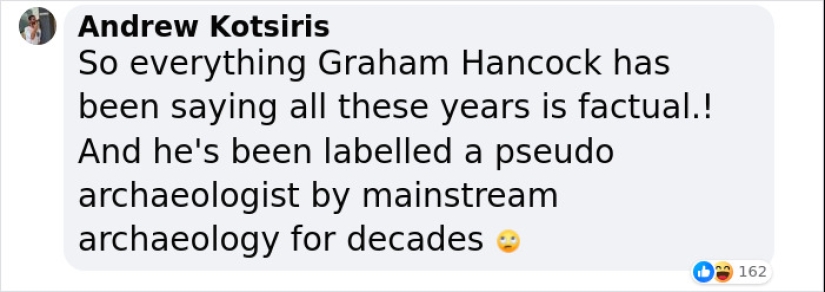
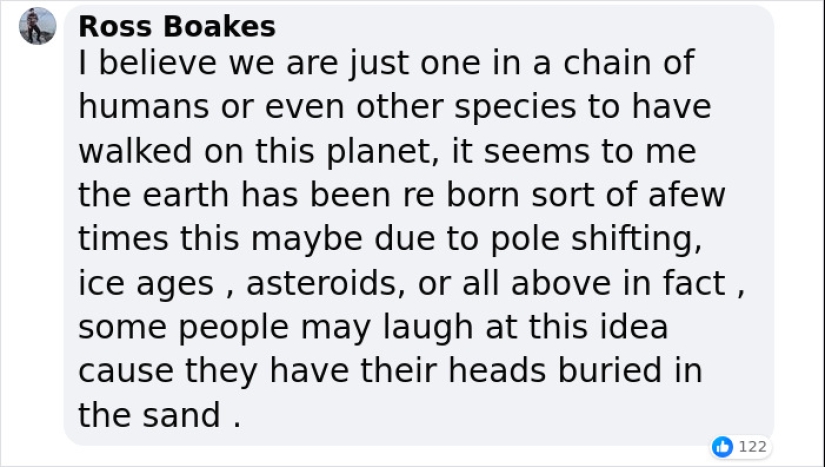



4. “I imagine these places are everywhere under the jungle,” a reader theorized
Keywords: Discovery | Ancient City | History | Historical facts | Researchers | Amazon | Stéphen Rostain
Post News ArticleRecent articles

It's high time to admit that this whole hipster idea has gone too far. The concept has become so popular that even restaurants have ...

There is a perception that people only use 10% of their brain potential. But the heroes of our review, apparently, found a way to ...
Related articles

In the fall of 1972, Bill Yates traveled through the countryside in the vicinity of Tampa, Florida. At that time, he was studying ...

When a person is in a life-threatening situation is awful, but even worse when it happens to a child. 11-year-old American Terry ...

Remember how broke the "unbreakable" scoop? The photo preserved in the photo album of almost every family! A selection of vintage ...

New Year's is a time to surprise and delight loved ones not only with gifts but also with a unique presentation of the holiday ...